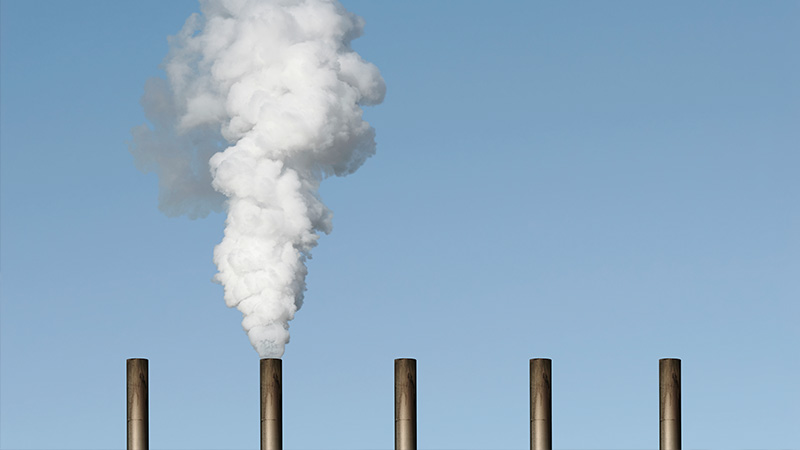Our take on the second emissions reduction plan
3R Group Ltd welcomes the Ministry for the Environment’s Second Emissions Reduction Plan as a key step to transitioning Aotearoa New Zealand to a truly low-emissions, zero-waste economy.
3R supports the submission made by the Sustainable Business Council, however we have also provided our own feedback on the Waste section of the consultation document.
As product stewardship experts we are disappointed not to see stewardship (regulated or voluntary) utilised as a tool for tackling emissions reductions. Product stewardship is the cornerstone of a strong circular economy, and therefore a vital part of any country’s emissions and waste reduction strategy. Further to this, we believe product stewardship organisations should be required to measure and report the emissions generated by its product stewardship programmes – something which is missing from the Second Emissions Reduction Plan consultation document.
It is vital to take a holistic approach to reducing emissions. Only addressing emissions once they’re in landfill, while important, will not effectively reduce our overall emissions in the long run. It is the waste equivalent of providing an ambulance at the bottom of the climate cliff.
To fully address the climate crisis, we must consider the whole picture, focusing on the interlinked emissions effects of all Government policies, not just those which fall within the parameters of the Emissions Reduction Plan, Circular Economy and Bioeconomy, and Te Rautaki Para Waste Strategy. For example, while MBIE has identified a circular economy and bioeconomy as priority areas for strengthening local markets, the Government is still considering rolling back the part of the Building Act which relates to H1 insulation standards. Reducing minimum insulation requirements means more energy will be required to heat homes, thus increasing their operational carbon and emissions over the lifespan of the building.
It is vital these policies all work together to reduce our environmental impact and build a stronger economic future for all New Zealanders. We cannot continue to kick the cost down the road, where it eventually unfairly burdens our young and indigenous populations. We need to invest in systems we know work now, rather than hoping for as-yet-undeveloped technology solutions to save us.







